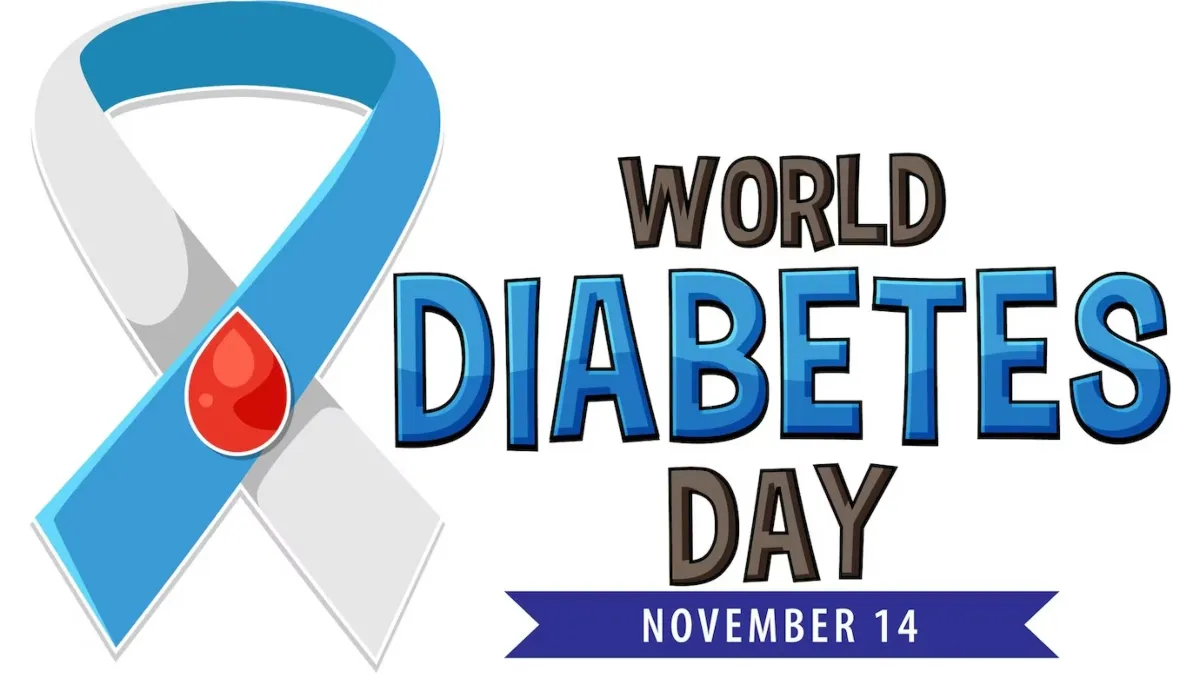Diabetes is a metabolic disease characterised by an elevated glucose level in the blood; it is usually the result of decreased production or the inability of the body to respond to insulin. Insulin is a chemical that helps cells absorb glucose in the blood for energy.
How thirst can be a warning sign of diabetes
If the levels of insulin in the body are not adequate, glucose builds up in the blood, and this causes many symptoms, thirst is among the first signs and probably the most common symptom.
When we asked Dr Vinod Prem Anand, Senior Consultant, Internal Medicine & Diabetes, MGM Healthcare, he said that we have all experienced thirst at some point. It may be because we went out to run, or perhaps it was one of those, especially warm days, or maybe it was simply because we did not drink sufficient amounts of water. However, with persistent thirst, it could indicate something more serious: diabetes.
Polydipsia is an ongoing thirst related to diabetes. The excess glucose that flows in the bloodstream forces the kidneys to work much harder. The kidneys remove the excess glucose from the blood, and this glucose is then excreted in the urine, removing excess water from the body, thereby making the person urinate more often.
Polydipsia is defined as an ongoing sense of thirst associated with diabetes. When the blood sugar levels are higher, the kidneys have to work more to sift through the excess glucose in the blood and expel it via urine. It loses more fluids from the body, and there is more frequent urination. The body tries to equalize itself by inducing a feeling of thirst, so the person drinks water again to replenish the lost fluids. The unrelenting thirst is typically one of the body's indications that it is losing too much water and possibly its blood sugar might run out of control.
Normal thirst usually resolves once liquids are introduced into the body. For someone suffering from diabetes, however, you will most likely find that you are drinking more frequently and yet still not feeling like your thirst is being met. The excess thirst and urination are interlinked since the kidneys are attempting to flush out the extra glucose. Fatigue is often the most significant symptom of hyperglycemia because the body cannot utilize glucose effectively to provide energy.
Even though diabetes is one of the most common causes, persistent thirst is not a symptom of diabetes. Many things can cause such symptoms such as dehydration, other drugs, kidney problems, and hormonal disorders.
Therefore, the sensation of thirst is usually non-threatening; however, when it persists, unrelieved, and is accompanied by other symptoms, it may indicate diabetes. Being vigilant to changes in thirst and hydration can be an anticipatory measure of good care and ensure that any covert conditions are identified and treated promptly.
ALSO READ: Suffering from Diabetes? THIS leaf can be effective in lowering blood sugar, know ways to use

